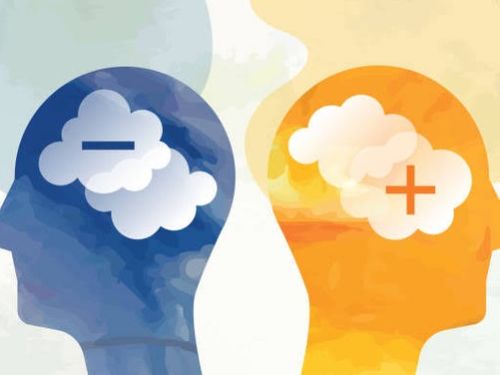How to cope with negative emotions?
Jan 19, 2022 · 2 mins read
0
Share

There are seven basic emotions: joy,anger, sadness, fear, surprise, contempt, and disgust. If five of these emotions are troubling, and yet helpful enough to make the cut of natural selection, doesn’t that mean that even the dark and difficult feelings have a purpose?
Save
Share
Yes, precisely. But learning to accept and live with all our emotions is not what most of us do. We either become bottlers — use default behaviours that we hope can disguise our negative feelings or brooders — settle deeply into these feelings and struggle to get beyond them.
Save
Share
Others attempt to cope with difficult times and difficult emotions through cynicism, irony, or gallows humour, refusing to admit that anything is worth taking seriously. When we try to ‘unhook’ simply by killing off our feelings, the real victim is our own well-being.
Save
Share
The problem with bottling is that ignoring troubling emotions doesn’t get to the root of whatever is causing them. The deeper issues remain. The suppressed emotions inevitably surface in unintended ways, a process that psychologists call emotional leakage.
Save
Share
Brooders, on the other hand, can’t let go, and they struggle to compartmentalize as they obsess over a hurt, perceived failure, shortcoming or anxiety. However, they are ahead of bottlers in one respect: they are at least ‘feeling their feelings’ – i.e. aware of their emotions.
Save
Share
Ruminating on troubling feelings offers a comforting illusion of conscientious effort. We want to learn how to cope with a difficult situation, so we think it through – then think and think some more. In the end, we are no closer to resolving the reason for our distress.
Save
Share
Another common strategy is the belief, in one form or another, that all will be well if we can just ‘keep on smilin’’. The paradox of happiness is that deliberately striving for it is fundamentally incompatible with the nature of happiness itself.
Save
Share
In her book Emotional Agility, psychologist Susan David mentions that people with high happiness more often place disproportionate emphasis on early information and disregard or minimize later details. They are also far more likely to jump to conclusions and resort to stereotypes
Save
Share
Seeing your ‘negative’ emotions in a new and more accepting light, helps. Our so-called negative emotions encourage slower, more systematic cognitive processing. We rely less on quick conclusions and pay more attention to subtle details that matter.
Save
Share
Pretending to be happier than we are is a losing proposition, and pushing ourselves to be more ‘genuinely’ happy is definitely self-defeating. Our raw feelings can be the messengers we need to teach us things about ourselves and can prompt insights into important life directions.
Save
Share
0